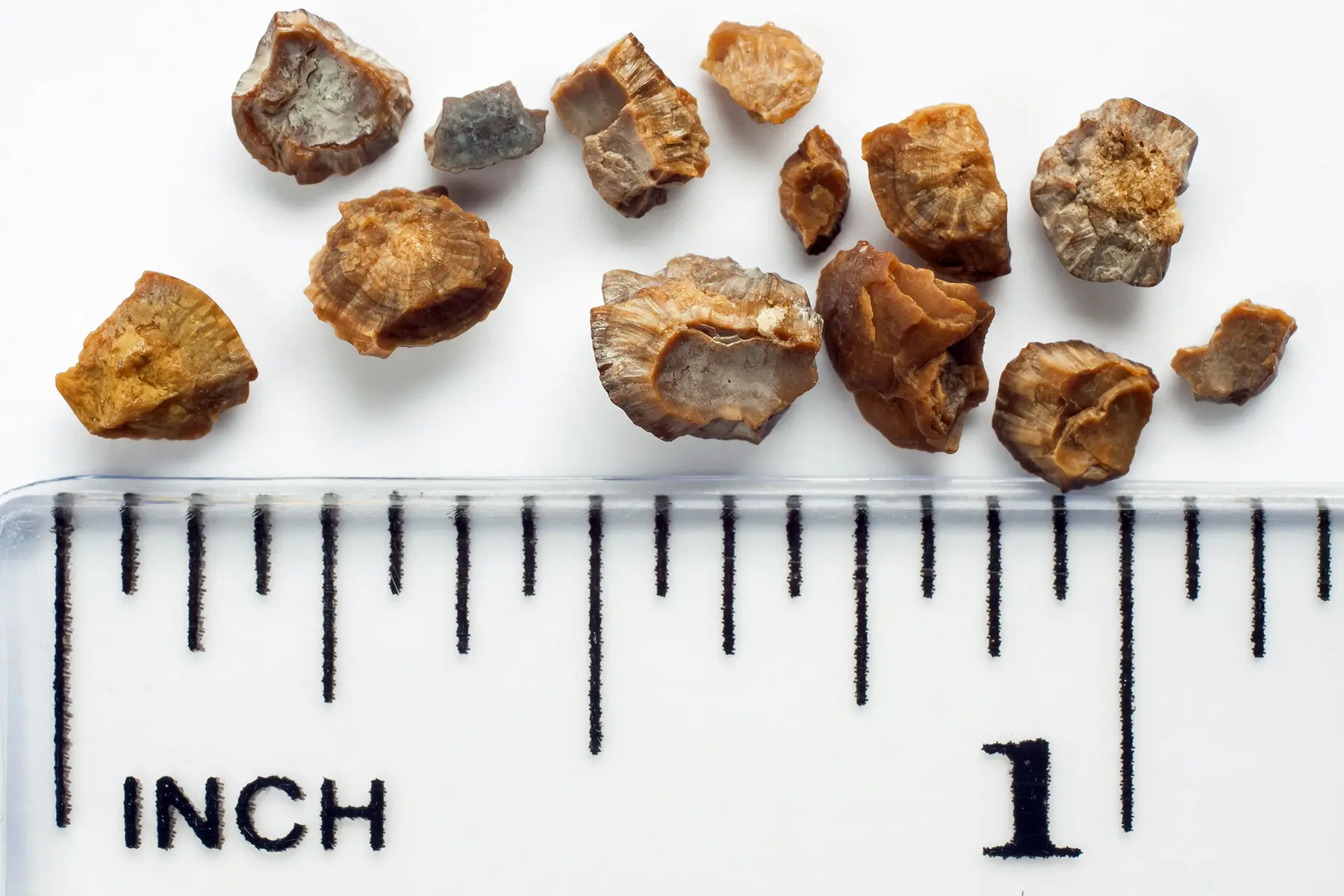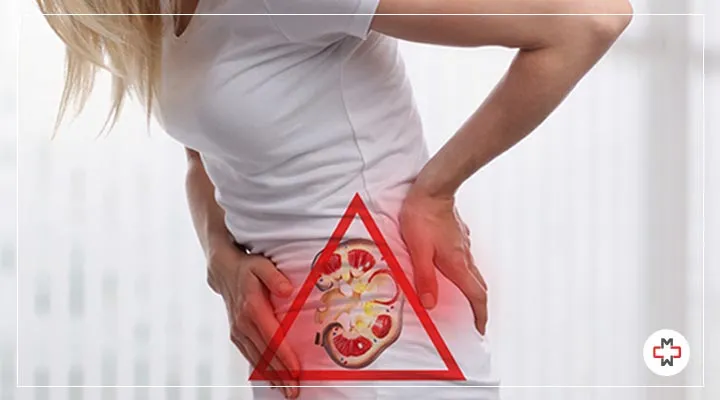Kidney Stones vs UTI: Comprehending the Overlapping Symptoms and Therapy Methods
Kidney Stones vs UTI: Comprehending the Overlapping Symptoms and Therapy Methods
Blog Article
Recognizing the Key Distinctions In Between Kidney Stones and Urinary System System Infections: A Detailed Summary for Clients
Comprehending the distinctions between kidney stones and urinary system infections (UTIs) is important for clients that might be experiencing similar symptoms yet face vastly various health challenges. While both problems can materialize pain in the reduced abdomen or back, their underlying causes, diagnostic strategies, and therapy methods deviate significantly. A nuanced understanding of these differences not just aids in accurate self-assessment however additionally informs discussions with healthcare providers. As we check out these vital facets, it ends up being clear that recognizing the unique qualities of each problem can exceptionally influence person results. What could be the very best method to addressing these distinctions?
Summary of Kidney Stones
The formation of kidney stones, a commonly incapacitating and excruciating condition, highlights the critical relevance of keeping kidney health and wellness. Kidney stones, additionally referred to as kidney calculi, are strong masses that develop from crystals in the urine. These stones can differ in size from a grain of sand to a golf ball and can reside in any kind of component of the urinary tract. The primary kinds of kidney stones consist of calcium oxalate, calcium phosphate, uric acid, struvite, and cystine stones, each with distinct causes and risk aspects.
Several elements add to the development of kidney stones. Furthermore, metabolic conditions and certain medical problems might predispose individuals to stone development.
Signs and symptoms of kidney stones can consist of serious flank queasiness, hematuria, and pain, which frequently trigger urgent medical evaluation. Treatment options differ, varying from raised fluid intake and nutritional alterations to clinical interventions such as lithotripsy or medical removal, depending on the size and location of the stones. Comprehending these facets is important for efficient prevention and monitoring.
Summary of Urinary System Tract Infections
Urinary system infections (UTIs) stand for a typical yet substantial health and wellness issue, affecting countless people annually. These infections happen when bacteria get in the urinary system, which consists of the kidneys, ureters, bladder, and urethra. The majority of UTIs are brought on by Escherichia coli, a kind of bacteria usually found in the intestinal tract. While UTIs can influence anybody, they are specifically widespread in ladies as a result of physiological differences that help with bacterial entrance.
The danger elements for establishing a UTI consist of sex, specific kinds of birth control, urinary retention, and a history of previous infections. Individuals with damaged pre-existing conditions or immune systems, such as diabetes mellitus, might additionally be at better threat. UTIs can be classified into two main types: complicated and straightforward. Straightforward UTIs are usually limited to the bladder and are much more usual in healthy and balanced individuals, while challenging UTIs might entail the kidneys and occur in those with underlying wellness problems.
Trigger diagnosis and treatment are vital to prevent complications, such as reoccurring infections or kidney damages (Kidney Stones vs UTI). Generally, UTIs are treated with antibiotics, and safety nets can be employed for those with constant events
Typical Symptoms Contrast
Signs of urinary system system infections and kidney stones can usually overlap, leading to confusion in diagnosis. In contrast, kidney stones tend to cause severe, sharp pain that radiates from the back to the lower abdomen and groin, usually described as colicky discomfort.
Additionally, UTIs might be accompanied by high temperature and chills, particularly in a lot more severe cases, while kidney stones can lead to nausea and throwing up due to intense pain. While pain during peeing is a characteristic of UTIs, kidney stones generally offer with more acute discomfort episodes, which may go and come.
Diagnosis Techniques
Exactly how can medical care experts precisely differentiate between kidney stones and urinary system infections? The diagnostic procedure begins with a complete case history and a comprehensive testimonial of the person's symptoms. Clinicians typically do a physical exam, which may expose inflammation Recommended Reading in the abdominal area or flank region, assisting the diagnostic pathway.
Laboratory tests play a vital role in differentiating between these two conditions. Kidney Stones vs UTI. A urinalysis can determine the presence of blood, crystals, or bacteria, which are indicative of either problem. In situations of urinary system infections, the urinalysis might show a considerable presence of white blood cells and nitrites, while kidney stones might this website provide with particular crystals
Imaging research studies, such as stomach ultrasound or computed tomography (CT) checks, are crucial for envisioning kidney stones. These imaging techniques make it possible for medical care service providers to evaluate stone dimension, place, and prospective obstructions in the urinary tract. In comparison, urinary system infections typically do not require imaging unless problems are thought.
With each other, these analysis methods encourage health care specialists to precisely identify and separate in between kidney stones and urinary system infections, making sure that patients get suitable care and management.
Treatment Choices and Avoidance
While both kidney stones and urinary system tract infections (UTIs) call for prompt therapy, their administration strategies vary dramatically.
The therapy for kidney stones frequently includes discomfort management, hydration, and in some instances, medical treatments such as extracorporeal shock wave lithotripsy (ESWL) or ureteroscopy to get rid of or damage down stones. People are often recommended to enhance liquid consumption to help with stone passage and decrease reoccurrence. Nutritional modifications may additionally be essential, depending upon the stone kind.
On the other hand, UTIs are mostly treated with prescription antibiotics to eradicate the microbial infection. The specific antibiotic recommended depends on the microorganisms determined and regional resistance patterns. Additional measures, such as boosted liquid consumption and urinary system analgesics, may aid reduce symptoms.
Prevention methods differ as well; for kidney stones, preserving appropriate hydration and sticking to nutritional limitations can be reliable. For UTIs, preventive techniques consist of appropriate hygiene techniques, peing after intercourse, and possibly prophylactic anti-biotics for recurrent infections. Understanding these treatment and prevention techniques is essential for efficient administration and to reduce the threat of complications associated with both problems.
Final Thought

Comprehending the distinctions between kidney stones and urinary system system infections (UTIs) is important for individuals that might be experiencing similar symptoms yet encounter significantly various health and wellness challenges. The primary types of kidney stones include calcium oxalate, calcium phosphate, uric acid, struvite, and cystine stones, each with unique causes and risk factors.

Report this page